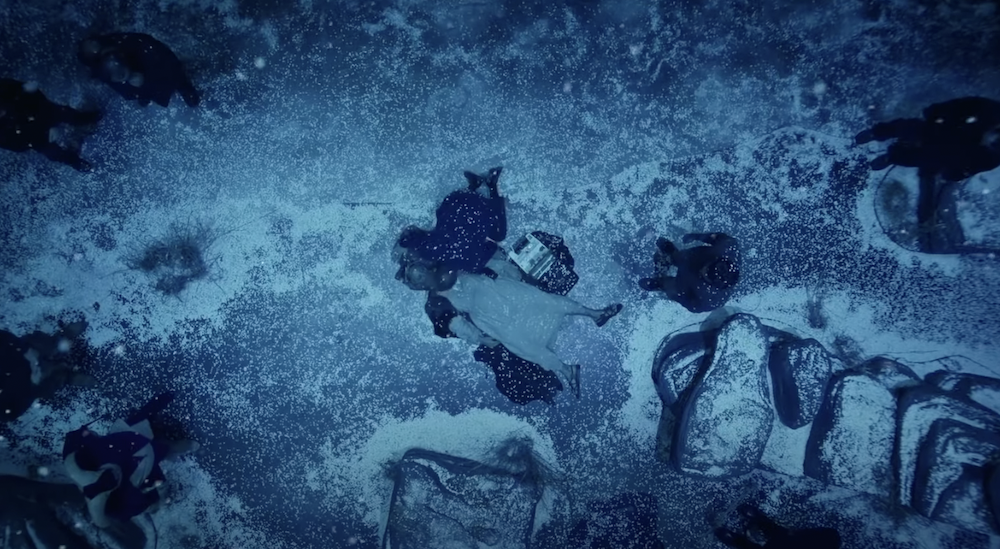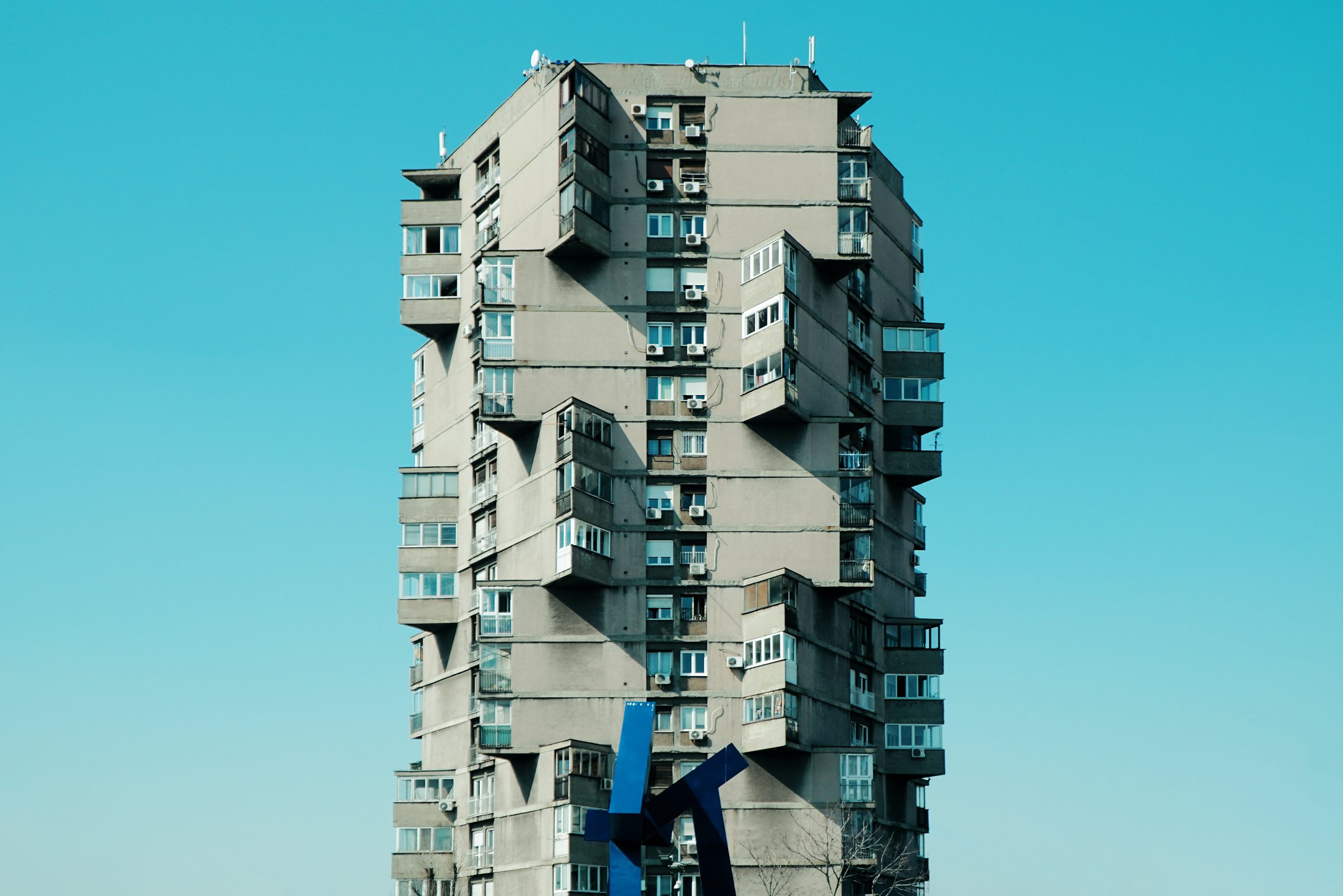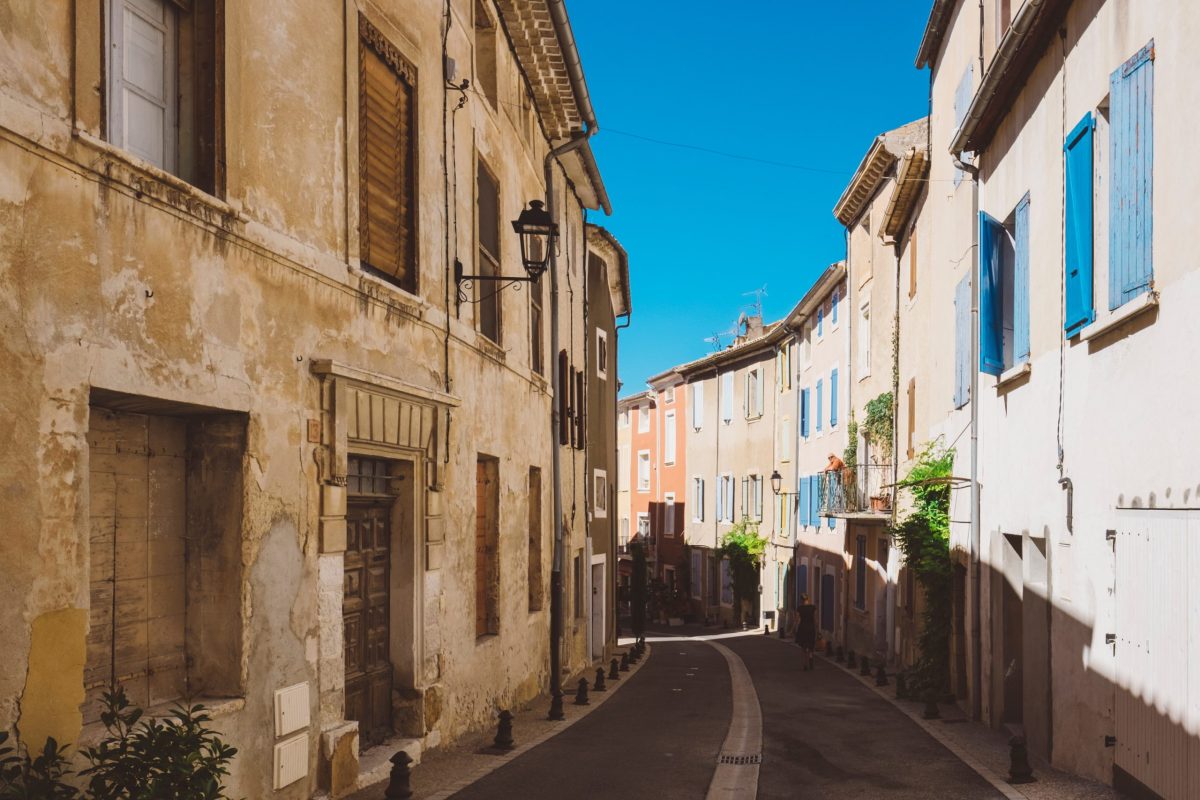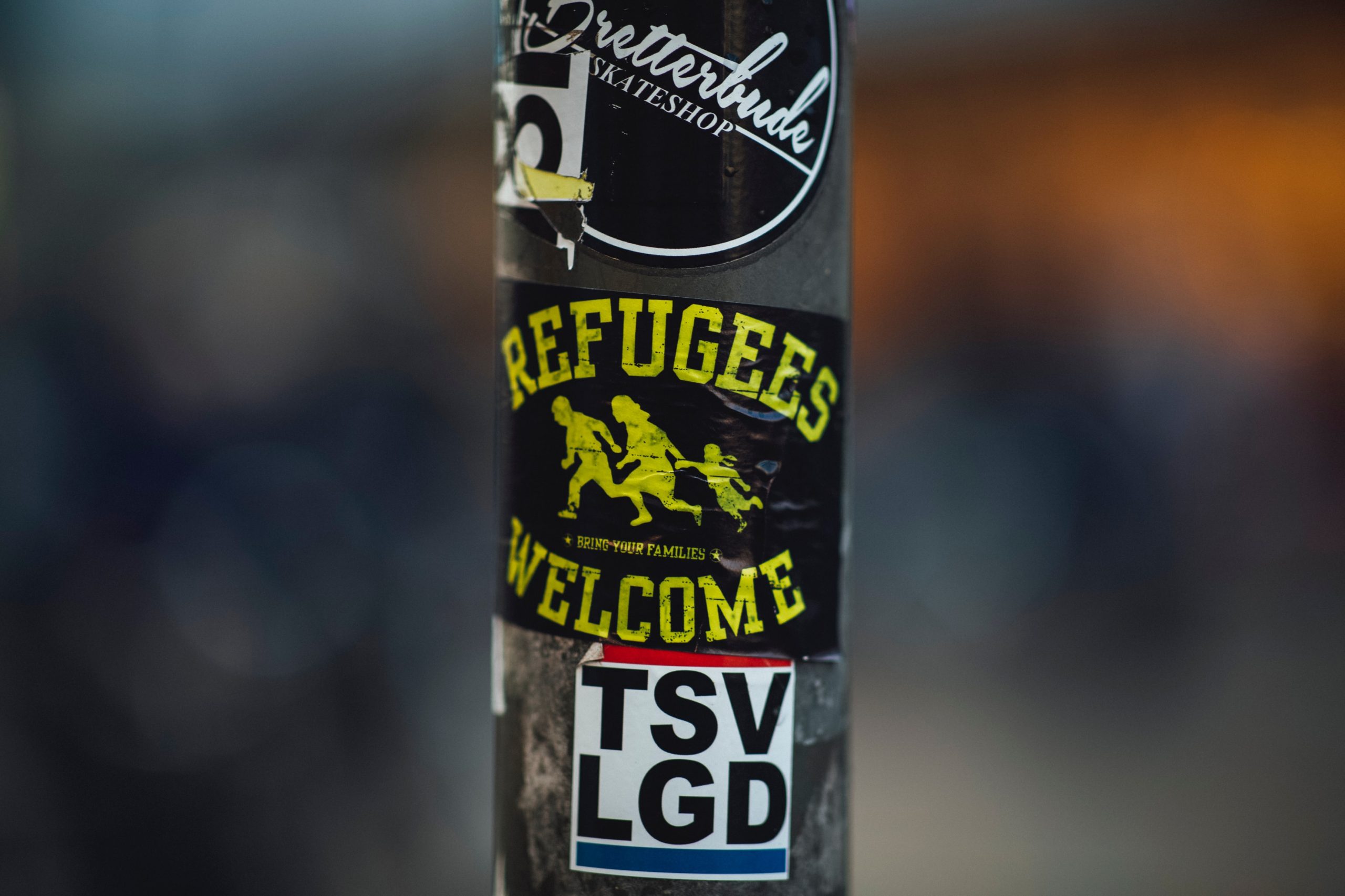Reading Lists
A Literary Guide to Understanding Ukraine, Past and Present
Books about the fight for Ukrainian democracy

When I was approached to write this article, Ukraine’s battles for sovereignty were in the eastern parts of the country against Russian-backed separatists, where they have been since February 2014. In a few short days since, the Russian troops that had amassed around the border of Ukraine for months invaded the democratic country and initiated air strikes and attacks on Ukrainian forces and civilians—hundreds of lives have already been lost. The Ukrainian president, Volodymyr Zelenskyy has refused to leave the capital of Kyiv, telling the United States government, “I need ammunition, not a ride.”
The world now watches as Ukrainian civilians take up arms alongside their army and hold “cocktail parties” where they make boxes of Molotov cocktails that will be used on Russian forces entering their cities. The mayor of Kyiv, Vitali Klitschko and his brother, Wladimir, two boxing champions, have said they too will take up arms alongside the men and women, young and elderly, who are prepared to defend their homeland.
Ukrainians have long-prepared for this moment. Their rich land has been invaded many times before and their people have suffered innumerable losses for generations. The Ukrainian language and culture has nearly been eradicated at multiple points in their long history, and they’ve been fighting an active war for nearly ten years against a Russian president whose intent is erasure. Today, many people around the world are witnessing for the first time the immeasurable patriotism, loyalty, courage, and grit that makes Ukranians so singular.
In order to write I Will Die in a Foreign Land compassionately and correctly, I knew I had to become a de-facto scholar in Ukrainian history and culture. I started the first draft in 2016, two years after the Euromaidan protests in Kyiv and the Russian annexation of Crimea and Donbas. I relied heavily on the work of a few dedicated journalists and incredible documentaries. The deeper I went into the story, the more realized I was not going to be able to simply write about the Maidan events—I found I had a responsibility to contextualize Euromaidan and Donbas for an American audience that would be largely unfamiliar with Ukrainian-Russian relations, that Ukraine is a sovereign nation despite once being a part of the USSR, and that Vladimir Putin himself is a tyrant akin to Stalin and not a true representative of the Russian people. It was when I began to dig into the Ukrainian language, literature, art, film, and music that the spirit of the novel, about four individuals whose lives are changed by the Euromaidan protests, emerged. [Editor’s note: Kalani Pickhart will be donating all of her proceeds from I Will Die in a Foreign Land to the Ukrainian Red Cross and ICRC Ukraine.]
There are many lists like this one being shared out there on social media by Ukrainian writers and translators, as well as independent bookstores and booksellers. I encourage interested readers to seek multiple resources. Here, though, are mine:
Grey Bees by Andrey Kurkov, translated by Boris Drayluk
This beautiful, heart-wrenching book follows a beekeeper in the gray zone of Eastern Ukraine, where the war has destroyed most of the village and driven out most residents, except the beekeeper and his frenemy. This is a story about survival, friendship, and the powerful significance of home. A must-read to understand life in Crimea and Eastern Ukraine.
The Gates of Europe: A History of Ukraine by Serhii Plokhy
“To understand the trends underlying current events in Ukraine and their impact on the world, one has to examine their roots.”
In The Gates of Europe, Harvard professor Plokhy gives a comprehensive history of Ukraine, starting in 45,000 B.C.E and ending in the war in Donbas, that highlights the long battle for sovereignty and identity. Complete with maps, a glossary of Ukrainian terms, and a “Who’s Who” section on major historical players, this book is a critical text for understanding Ukraine’s intricate and complex history.
Voices of Chernobyl by Svetlana Alexievich, translated by Keith Gessen
The effects of the 1986 nuclear disaster on Ukrainians and Belarusians cannot be overstated. Alexievich’s Nobel Prize-winning book compiles a tapestry of real accounts from those who were closely affected by the blast. Haunting and gripping, this book provides additional insight into the gritty, survivalist nature of the Ukrainian people.

On Our Way Home From the Revolution: Reflections on Ukraine by Sonya Bilocerkowyz
This compelling and affecting essay collection is an honest reckoning: shortly after the Euromaidan protests in Kyiv, Bilocerkowyz returns home to the US.
Patriotism runs in the veins of Bilocerkowyz, the granddaughter of politically active refugees and the daughter of a scholar of Ukrainian dissidents. She moves to Lviv in 2013 to teach at a university, but also to bear witness to the revolution and to gain a deeper insight into an ancestral history defined by oppression. Through these intimate reflections, Bilocerkowicz interweaves post-Soviet narratives and family mythology, creating a tapestry of interconnected essays that illuminate the complexity and responsibility of being a child of the Ukrainian diaspora. A tender and fearless read.
Red Famine: Stalin’s War on Ukraine by Anne Applebaum
Pulitzer Prize-winner Anne Applebaum is one of the foremost writers and political commentators on the influence of Russian and Eastern European politics in the United States and Western Europe. Red Famine takes readers inside what Ukrainians call the Holodomor, a genocidal, man-made famine that ultimately killed 5 million people. The famine was implemented by Josef Stalin shortly before WWII in order to eliminate the rise of Ukrainian uprisings and identity. A must-read for those seeking to understand the deeply embedded generational distrust and trauma of Ukrainians against the Russian government.
A New Orthography: Poems by Serhiy Zhadan, translated by John Hennessey and Ostap Kin
This list or any list concerning Ukrainian literature would not be complete without Serhiy Zhadan, a prolific poet, novelist, and philanthropist. A finalist for the PEN America 2021 Translation Award, A New Orthography is a powerful portrait of Ukrainian citizens during wartime, and speaks directly to this current moment and the national psyche:
“Eastern Ukraine, the end of the second millennium.
The world is brimming with music and fire.
In the darkness flying fish and singing animals give voice.
In the meantime, almost everyone who got married then has died.
In the meantime, the parents of people my age have died.
In the meantime, most heroes have died.”
Composed of selections from Zhadan’s earlier books as well as stand-alone pieces, all from 2016 to 2020, the poems grapple with the perilous future of Ukraine and the destruction that has transformed both the people and the land itself:
“Let’s start with what’s most difficult—with singing
and quenching the fires emerging from the night.
Let’s start by whispering the names,
let’s weave together the vocabulary of death.
To stand and talk about the night.
Stand and listen to the voices
of shepherds in the fog
incanting over every single lost soul.”
The Museum of Abandoned Secrets by Oksana Zabuzhko, translated by Nina Shevchuk-Murray
Perhaps lesser-known than Zabuzhko’s monumental feminist manifesto, Fieldwork in Ukrainian Sex, The Museum of Abandoned Secrets takes its readers through 60 years of Ukrainian history, interweaving the stories of three women: Daryna, a modern-day journalist, Vlada, her artist best friend who dies tragically under suspicious circumstances, and Olena, an insurgency soldier in an old post-WWII photograph Daryna discovers. A lyrical tome that slips into stream-of-consciousness, this 700-page novel may not be for the casual reader, but it is absolutely one of the most rewarding and incredible books I’ve ever read.
The Complete Kobzar: The Poetry of Taras Shevchenko, translated by Peter Fedynsky
This translation of Shevchenko’s poetry is the go-to concerning the Ukrainian national hero. An artist, political figure, folklorist, and ethnographer, Shevchenko is memorialized around the world as the father of modern Ukrainian literature and language. He spent many years in exile for criticizing the Russian Empire through his works, and continued to write despite multiple arrests. Shevchenko was originally buried in St. Petersburg, but his remains were eventually transferred to Ukraine where he was buried near the Dnipro River—a wish he expressed in his poem Zapovit (“My Testament”). For readers interested in getting to the heart of Ukrainian literature, reading Shevchenko is a necessity.









